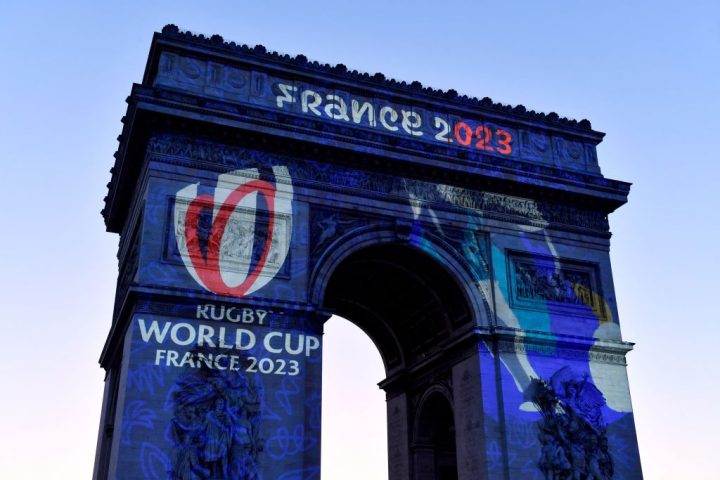The Rugby World Cup kicks off in just under ten weeks with hosts France playing New Zealand in the Stade de France. The national stadium sits squarely in Seine-Saint-Denis, a district which yesterday was smouldering after a night of anarchy. Shops were looted, cars torched and a bus station destroyed in an orgy of violence that was replicated across the republic.
President Macron cut short a trip to Brussels for a crisis meeting with ministers and security chiefs in Paris on Friday morning, and he reportedly said there will be ‘no taboos’ in doing what is necessary to restore law and order. Further details will be forthcoming but there is no indication at this stage that a state of emergency will be declared, as many on the right have demanded.
What happens if France is still in the grip of what some are already calling an ‘insurrection’?
Aside from Paris, some of the most chaotic scenes last night were in the big cities: Marseille, Bordeaux, Lille, Lyon and Toulouse. What else do these cities have in common? They are hosting matches in the World Cup.
England’s opening match is against Argentina on 9 September, the same city where a day later Scotland begin their campaign. On the same weekend Ireland and Wales are both in action in Bordeaux, the scene of serious trouble this week.
On Thursday the British government warned its citizens to watch their step if travelling to France – the sort of advice normally issued to citizens travelling to certain parts of central America or the Middle East.
There must be some furrowed brows within World Rugby, the sport’s governing body, as they watch the pictures from Paris and elsewhere. The last widespread riots were in 2005 and lasted three weeks; this time, however, the violence has erupted just as the summer holidays begin and there is the prospect that they could last for several weeks.
Eighteen years ago, YouTube and social media were still in their infancy, and it was much harder for the agitators to communicate and co-ordinate. Today’s generation of rioters egg each other on using platforms like TikTok and Twitter; they can also use technology to evade the security forces, and in some cases ambush them. On Thursday night, 249 officers were injured during the disorder and the police are said to be ‘surprised’ at how organised some of the rioters are.
What happens if August arrives and France is still in the grip of what some are already calling an ‘insurrection’? If the safety of players, officials and fans cannot be guaranteed, an alternative venue would surely have to be considered by World Rugby? It might be an idea for someone to put a call in now to Twickenham and the other home nation stadiums to see how their agenda looks. Just in case.
For Emmanuel Macron, such a scenario would be a humiliation of unimaginable proportions. It was embarrassing enough in March when he was forced to cancel the state visit of King Charles III because of violent street opposition to his pension reform bill.
That followed the shambles of the 2022 Champions League final in Paris. France had stepped into the breach after UEFA stripped St Petersburg of the right to host the final due to Russia’s invasion of Ukraine. But the evening descended into chaos with supporters from Liverpool and Real Madrid attacked by thugs outside the Stade de France and bullied by police inside.
This is the other factor that will alarm rugby’s power brokers: that even if the riots have fizzled out by 8 September, the date of the opening match, might they not flare back into life at some point during the seven weeks that the World Cup is on? France is a country on edge.
France will still be seething in September and is likely to be so too next summer when Paris hosts the Olympic Games. The Games’ mascot is a Phrygian cap, a symbol of freedom. At this rate, a tin hat might be more fitting.







Comments